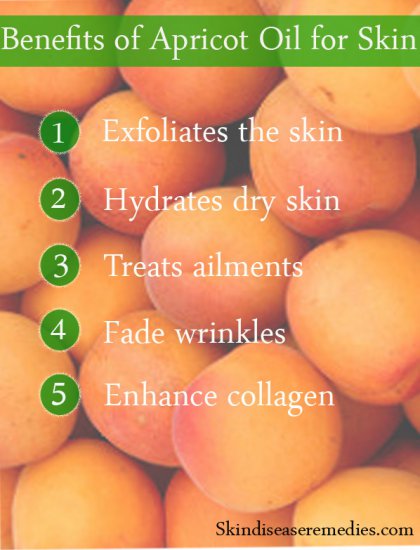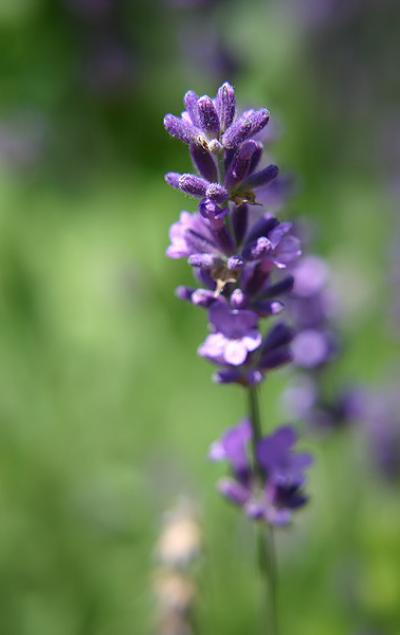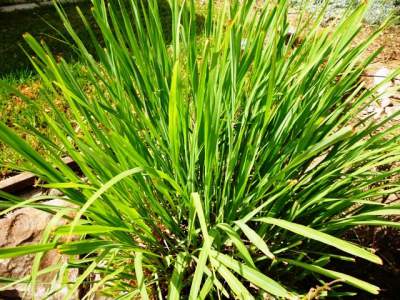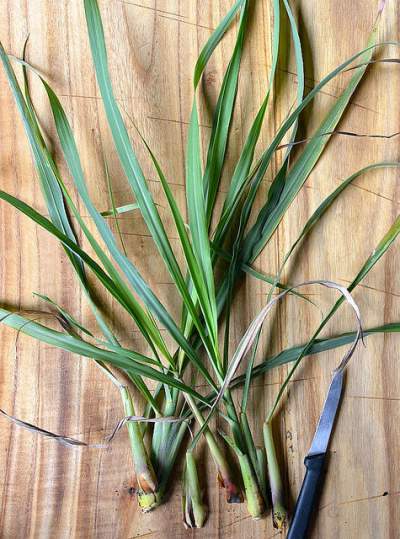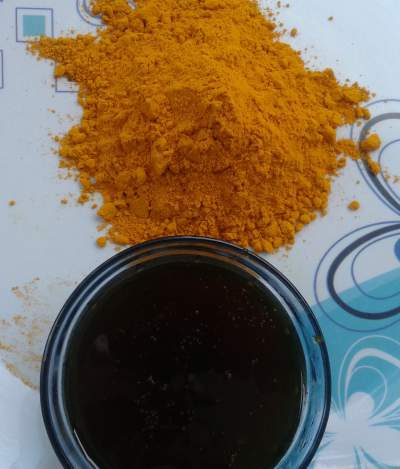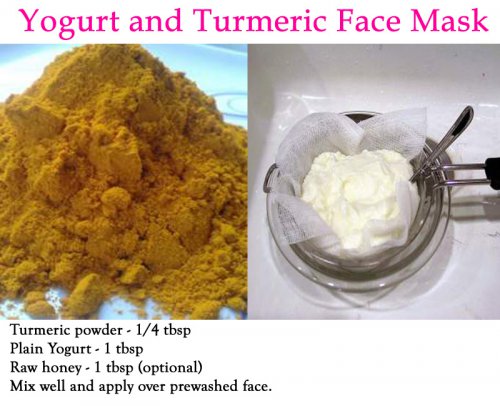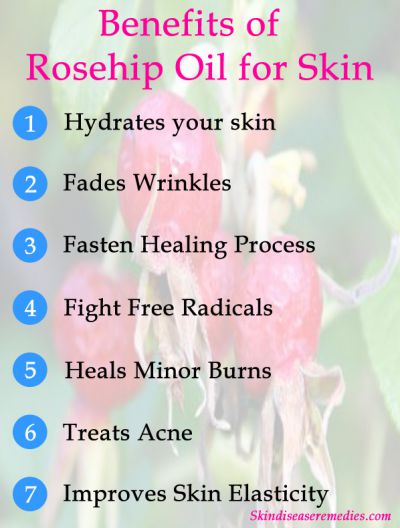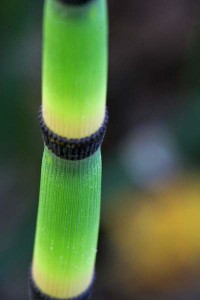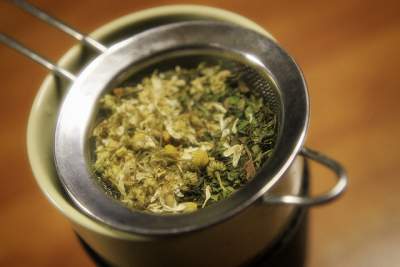
Cosmetic industries started incorporating this essential oil in their products because it’s soothing and healing properties. Due to these benefits of cedarwood oil, aromatherapist extensively uses this oil.
This essential oil is obtained from various cedar trees. Nutrients in these trees are transferred to the oil, which is why it’s renowned for its medical benefits. Unlike cosmetic creams, this natural beauty remedy is inexpensive and is packed with a bunch of benefits.
Woods give us a peace environment. Due to hectic work when I get stress, I visit country side and it is the best feeling on my weekend. The oil distilled from woods can do similar magic on your health and skin.
Benefits of Cedarwood Oil
Before you scroll down, check common uses of cedarwood oil.
- Soothes acne inflammation
- Reduce mild skin allergy
- Enhance vision and wisdom
- Strengthens hair
- Treats fungal infection
- Stimulate metabolism
- Thwarts toxins
- Helps while menstruation
- Reduce toothache and strengthens gums
- Repels bugs
Increasing impurities and hectic work has big impact on our lives. Skin, hair and nails are made of the same protein. Particularly skin shows want you eat. Well toned flawless skin tells that you’re healthy.
Under the influence of media promoted models, most people yearn to have alluring looks. For that they use, chemical filled creams. It’s a known fact that chemical creams are packed with chemical preservatives, which increase the shelf-life of the product.
There are many reports that show that, topical application of beauty creams will damage your skin in the long run.
Now allow me to point out few prominent uses of cedar oil for skin, health and eczema.
#1 Cedarwood oil for eczema
Eczema is a chronic skin disorder, which can’t be treated permanently. However, by using steroid creams and natural remedies you can reduce its symptoms.
Often atopic dermatitis is accompanied by dry and itchy skin. Anti-inflammatory properties residing in cedarwood oil reduce inflammation and restrain infectious germs.
Drop few drops of cedarwood essential oil to your bath tub to treat eczema. Another way is to blend it with other lotions and apply over affected parts.
#2 Antiseptic properties
Assorted properties residing in this innate oil defends your skin from infection. You can safely apply cedarwood oil over injuries and wounds. It also hydrates your skin and makes it supple.
Blend few drops of cedarwood oil with coconut oil and apply it over affected part. Best time to apply is before going to bed.
#3 Cough relief
Seasonal, pollen and other irritants trigger nasal congestion and cough. Nutrients in this essential oil can remove phlegm and helps to reduce cough. Often cough and cold is accompanied by severe headache.
Rub this oil over head and chest to get relief from cough, cold and headache. You can drop the oil in your nose to help breath easily.
#4 Reduce arthritis
Arthritis results in swelling and pain in joints. There are many natural remedies to treat this disorder, which includes fish oil, turmeric, flaxseeds, fiber intake and cedarwood oil.
Inhale cedarwood oil or rub over the skin to soothe arthritis. Another easiest way is to add 10 drops of cedarwood oil to water before taking bath.
#5 Deodorizer
Woody smell can relieve from stress and other mental issues. May be this is one of the reasons why cedarwood oil is used in aromatherapy. Inhaling and adding it to body spray will change your perspective.
#6 Hydrates dry scalp
Dry scalp results in hair loss and itching. Various skin ailments like psoriasis also result in dry scalp. Topical application of cedarwood oil will moisturize dry scalp and improves blood circulation. Apart from that, regular use of this oil will enhance hair growth and control dandruff.
It’s very simple to use, mix 2 drops of cedarwood oil with coconut oil and apply over scalp. Let the oil to penetrate deep into hair follicles and treat dryness.
#7 Bug repellant
Anti-fungal and bacterial properties housed in cedarwood oil can thwart germs and bugs. You must apply this essential oil over the skin. Alternatively, mix coconut oil with cedarwood oil and massage over prewashed skin.
There are several more benefits of cedarwood essential oil, which can’t be discussed in one article. Common skin problems like acne, rashes and dryness can be treated using this natural remedy.
It controls excess production of sebum and helps to maintain required moisture over the skin.
Note: Though I listed many benefits, all these aren’t backed by scientific evidence. So I request you to patch test before using it over the skin.
Let me know about more uses/benefits of cedarwood oil.


